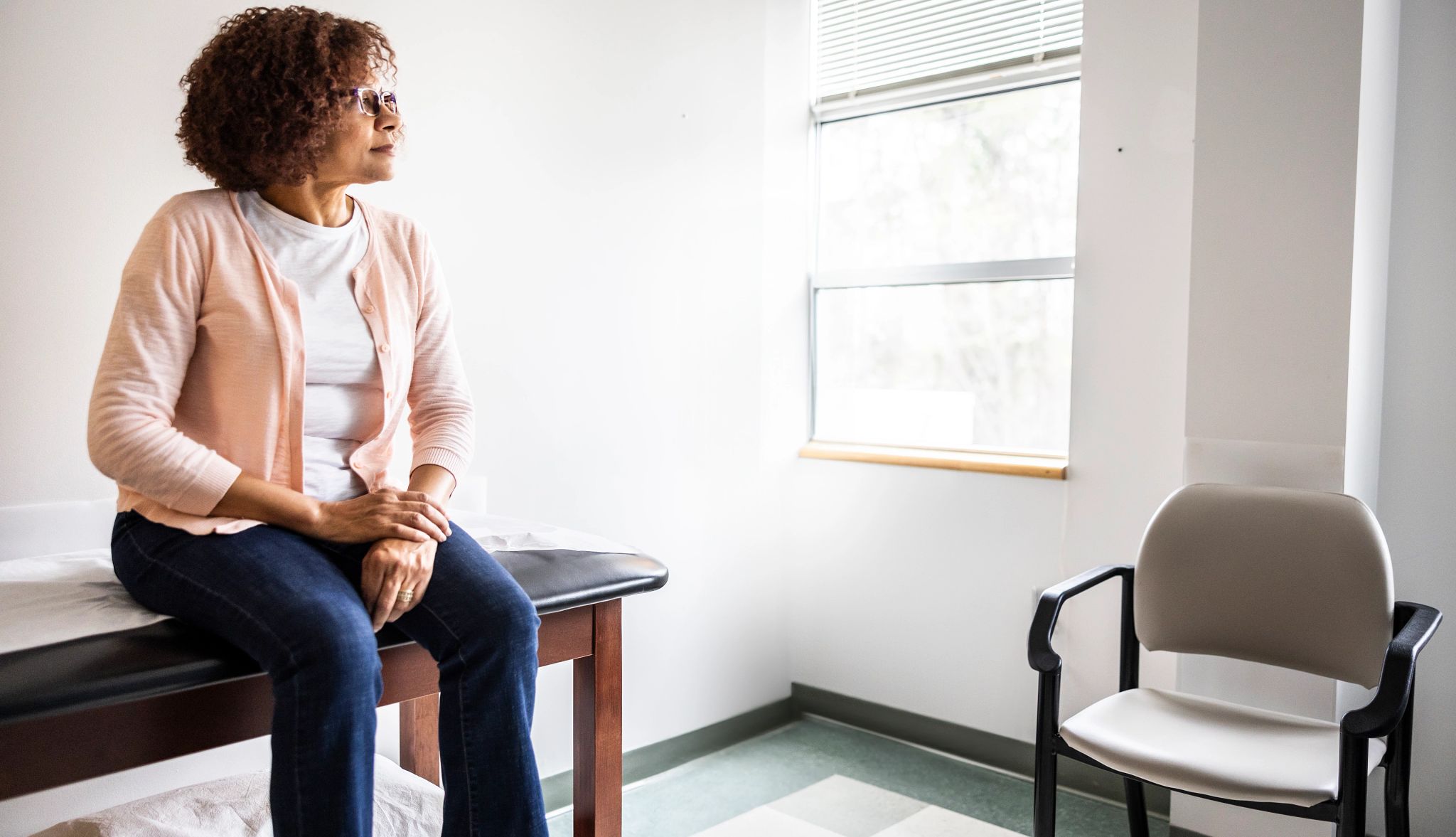
Do you still need a mammogram after 75?
- Select a language for the TTS:
- UK English Female
- UK English Male
- US English Female
- US English Male
- Australian Female
- Australian Male
- Language selected: (auto detect) - EN
Play all audios:

The problem, says Jayne Charlamb, M.D., director of the Breast Cancer High Risk Program at SUNY Upstate Medical University in Syracuse, New York, is that “we can't yet reliably tell
which cancers will be one that will ultimately go on to kill a patient, and which ones won't.” So some patients end up going through taxing treatments — chemotherapy, radiation,
surgery, medication — “for no good reason,” Charlamb says. False positives are another risk to breast cancer screening, though these can happen at any age, and, according to a study
published in _JAMA Network Open_, are less likely to happen in older women. Charlamb says an imaging abnormality can lead to additional imaging tests or even a biopsy, and end up being a
false alarm. “And while it's great that the patient doesn't have cancer, we just put the patient under a lot of stress, possibly had her miss work or time with family, and exposed
her to the small (but real) risks of surgery and anesthesia,” Charlamb says. “So, the risk of false alarms is definitely something to weigh.” For some women, IV contrast used in breast MRIs
may cause reactions and unpleasant side effects. “The risk is small, but it's there, and should be considered,” Charlamb adds. AT 75-PLUS, MANY DOCTORS ADOPT AN INDIVIDUALIZED APPROACH
The key for older women, subject matter experts say, is discussing the risks and benefits of screening with your doctor — and understanding that just because mammogram guidelines stop at 75,
doesn’t mean you should stop getting one. In fact, the American Cancer Society recommends that physicians continue to screen older patients who are in good health and who will likely live
10 or more years. “No two women are the same, and that includes women over 74,” says Nina Vincoff, M.D., medical director of the Katz Institute for Women's Health at Northwell Health in
New Hyde Park, New York. “Many older women are in excellent health and lead active quality lives. Just like younger women, they have a lot to lose by developing an advanced breast cancer
that may require debilitating surgery or chemotherapy.”
